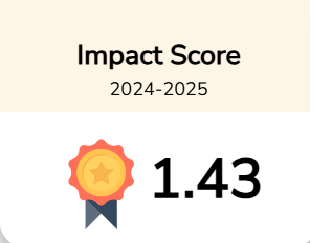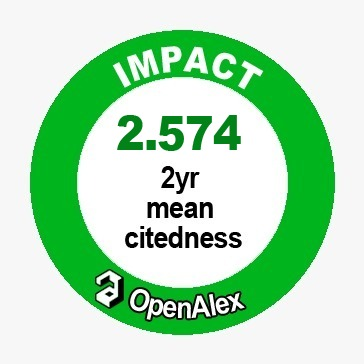The relationship between workload and mental health of university teachers in Kosovo
Downloads
Purpose: This study aims to explore the relationship between job stress and mental health among university teachers in Kosovo. The research focuses on teachers aged 29-60 working in various universities within Kosovo aiming to contribute valuable insights into the impact of job-related stress on the mental well-being of this specific demographic.
Design/Methodology/Approach: A sample of 100 teachers from six different high schools in Kosovo was used to collect the data. 46% of the teachers were female and 54% were male. A paper-and-pencil survey was administered using purposive sampling techniques. Statistical analyses including descriptive statistics and Spearman's analysis were performed using SPSS to investigate non-parametric relationships. The research instrument demonstrated appropriate psychometric values ensuring the reliability and validity of the collected data.
Findings: The results revealed a positive relationship between job stress, anxiety and depression levels, although relatively weak. The relationship between overall stress levels and job stress was shown to be more significant. These findings suggest that higher job stress is associated with elevated stress levels among teachers emphasizing the interconnectedness of professional stressors and mental health.
Conclusion: This research underscores the importance of understanding and addressing the relationship between job stress and mental health among university teachers in Kosovo. The relatively weak correlation between job stress and anxiety or depression levels implies nuanced influences while the stronger correlation with overall stress levels emphasizes the need for targeted strategies to manage job-related stress. Recognizing and managing these stressors can contribute to the enhancement of teachers' mental health and overall well-being in the specific context of Kosovo.





